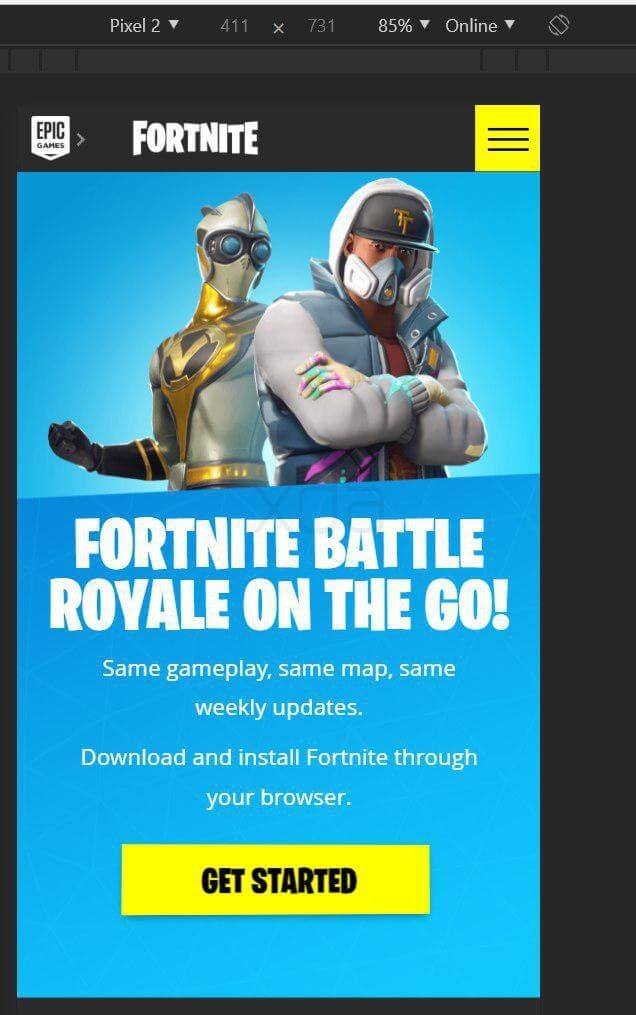It's no secret that Fortnite has been a massive hit. The game has attracted a massive audience, sparked the creation of multiple competitive communities, and become one of the most-streamed games on Twitch.
The title has even eclipsed the success of PUBG, the former king of the Battle Royale genre. Frankly, it isn't hard to see why this is the case; Fortnite is widely considered one of the most polished titles on the market, and it receives regular, free content updates that keep players engaged.
Fortnite has performed so well for developer Epic that it enabled the company to give back to its Unreal Engine asset developers. It accomplished this by dropping its split of the revenue earned from asset sales to a mere 12 percent, down from the industry standard of 30 percent.
Fortnite's reach has also expanded to multiple platforms, with the game arriving on the Nintendo Switch and even iOS devices. Furthermore, Epic recently announced its plans to bring the title to Android this summer, leading many to believe the game would release on the Google Play Store.
However, a report from XDA suggests that may not be the case after all. Google takes a healthy, 30 percent bite of the revenue earned from titles distributed on its platform.
By searching through the source code of the Fortnite website, XDA was able to dig up what appears to be Android-only download instructions that would circumvent the Google Play Store (and Google's revenue share) entirely.

Epic's Android instructions reportedly tell users that they will be "prompted with some security permissions," which it calls "necessary" for the user to install apps outside of the Play Store.

Encouraging users to "sideload" content from outside of the Play Store does carry a certain amount of risk. This sort of content isn't policed by Google, meaning less tech-savvy users could accidentally download harmful software to their device without realizing it.
At any rate, it should be noted that this information has not been confirmed by Epic yet. We've reached out to the company for comment, but until we get a reply, it may be wise to take XDA's report with a grain of salt.
